French Protests Erupt as New Prime Minister Takes Helm Amid Political Turmoil
- by Admin.
- Sep 10, 2025
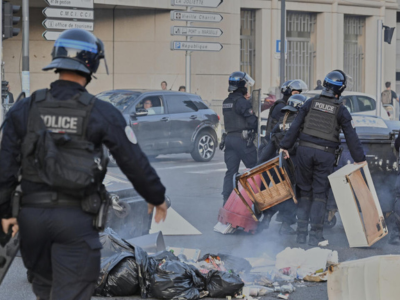
Credit:
French police have arrested nearly 200 people this morning during nationwide "Block Everything" demonstrations that disrupted highways, rail services, and urban centers, coinciding with the formal installation of Sébastien Lecornu as the country's new prime minister.
The grassroots movement, fueled by opposition to austerity measures and political instability, has drawn tens of thousands into actions ranging from road blockades to strikes, testing Lecornu's fledgling government on its first full day. The protests, organized via social media under the slogan "Bloquons Tout" ("Block Everything"), began before dawn in cities including Marseille, Lyon, Nantes, and Paris, where demonstrators built barricades with dumpsters and set bins ablaze to halt traffic.
Interior Minister Bruno Retailleau reported 80,000 officers deployed nationwide to manage the unrest, with early clashes involving tear gas in Nantes and Montpellier. In Paris, 75 arrests were made overnight, primarily for public order violations, though specifics remain limited. A protester in Lyon, identifying only as Florent, called Lecornu's appointment "a slap in the face," voicing exhaustion with Macron's revolving governments and demands for systemic change.
Lecornu, 39, a Macron loyalist and former defense minister since 2022, was appointed Tuesday evening following François Bayrou's resignation after a no-confidence vote over his €44 billion austerity budget aimed at curbing France's debt. The handover occurred midday Wednesday, marking Lecornu as Macron's fifth prime minister in under two years amid a fragmented National Assembly divided between left-wing, centrist, and far-right blocs.
Macron tasked Lecornu with consulting parties to secure the 2026 budget, emphasizing national unity and economic stability, but opposition figures like Socialist leader Olivier Faure rejected participation, urging Lecornu to forgo Article 49.3—the controversial decree allowing bills to pass without a vote—and warning against a "blank cheque" for reforms.
The "Block Everything" call, echoing the 2018 Yellow Vest uprising but led more by politicized youth and far-left groups, targets cuts to public services, pension freezes, and the proposed elimination of two holidays. Intelligence estimates suggest up to 100,000 participants, with actions including school boycotts, port blockades in Bordeaux, and rail sabotage in southern France, where SNCF reported disruptions from "malicious acts" like cable damage between Bordeaux and Toulouse. While some unions like CGT back the day, others plan separate strikes on September 18, potentially extending unrest.
Protesters, many masked and from left-leaning networks including France Unbowed supporters, frame the movement as a rejection of elite-driven policies, though authorities warn of radical elements and foreign online amplification without coordinated interference. France's political crisis, exacerbated by last year's snap elections, has left Macron's centrists without a majority, forcing reliance on far-right abstentions or left-wing deals—both precarious.
Lecornu's pro-business stance and defense expertise may appeal to conservatives, but risks alienating the left, with France Unbowed already tabling a no-confidence motion.



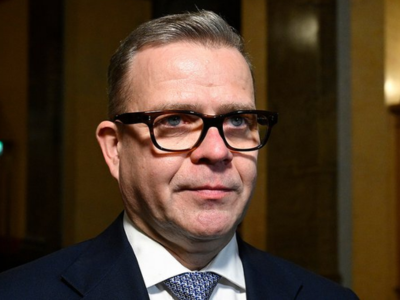


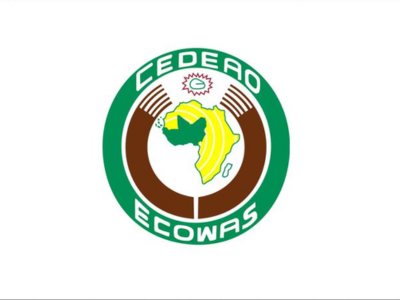
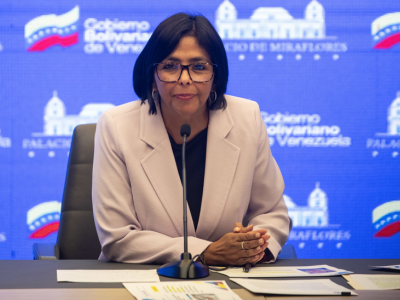

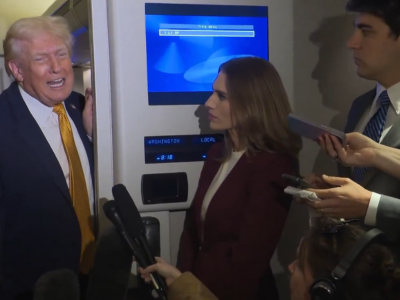
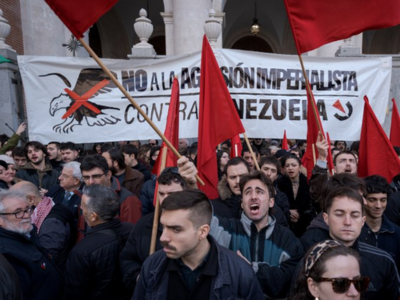


0 Comment(s)